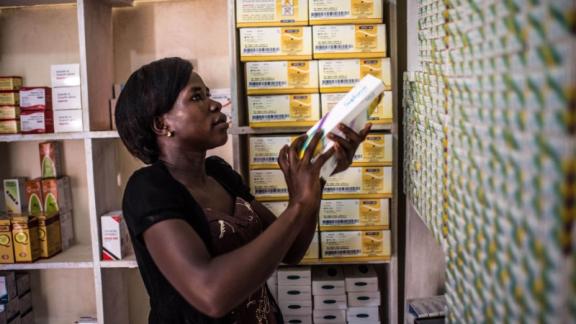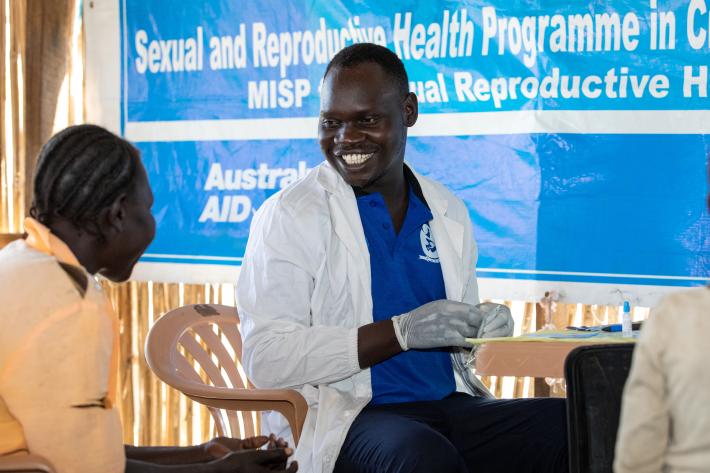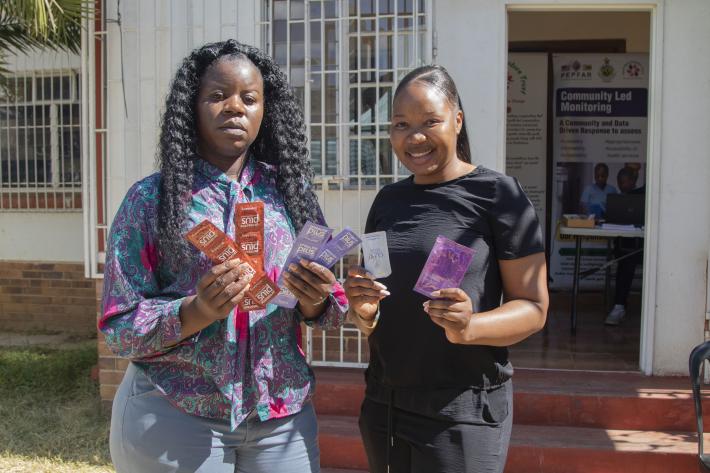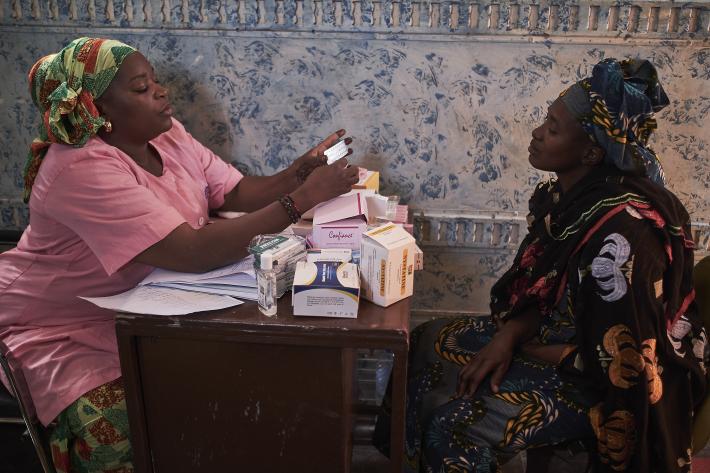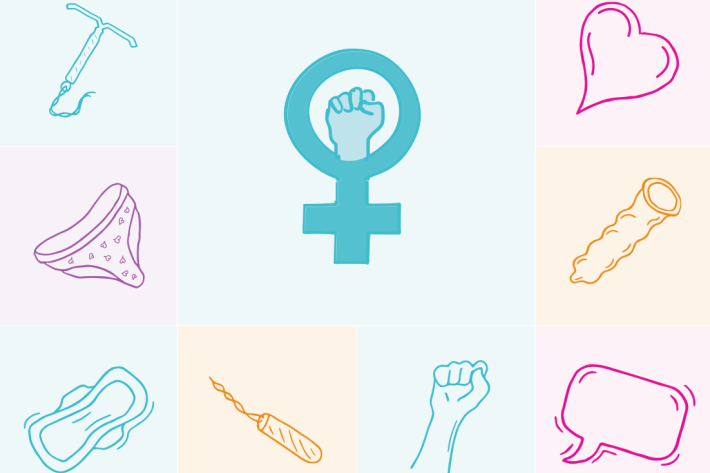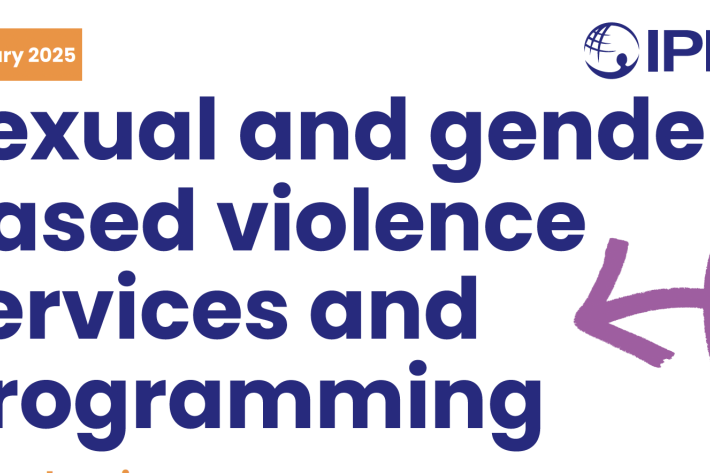Spotlight
A selection of resources from across the Federation

Review of IPPF’s Governance Reform
This report aims to identify the greatest impacts of the governance reform on the Federation and its work, enabling factors and barriers to reform, opportunities to build on and key lessons learned.
Filter our resources by:


| 03 May 2017
Providing access to safe abortion and sexual health services for sex workers
Many sex workers in Uganda end up having unwanted pregnancies often resorting to unsafe abortions. There are many myths and misconceptions about contraception as well as a lack of access. This issue was one of the reasons why Lady Mermaid's Bureau (LMB), a sex workers rights organisation from Kampala, decided to apply for a grant from the Safe Abortion Action Fund (SAAF) in 2013. Founded in 2002 by a group of former sex workers, the Lady Mermaid's Bureau, the first organization of its kind in the region, works to prevent and reduce unsafe abortions amongst sex workers in Uganda and campaigns to decriminalize abortion and sex work. The Safe Abortion Action Fund (SAAF) which is hosted by IPPF was set up in 2006 in order to support grass-roots organisations to increase access to safe abortion. Photography © IPPF/Tommy Trenchard
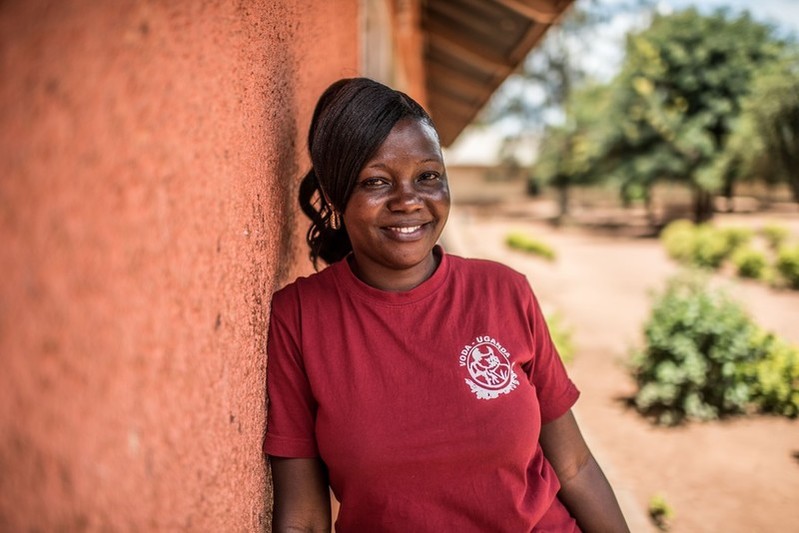
| 03 May 2017
Changing perceptions about abortion in rural Uganda
In the three years since the VODA Uganda project started there have been some incredible results. The project has brought about changes in perceptions about abortion in the community and schools, bringing community leaders and health workers on board, explaining the problems of unsafe abortion and directing girls and women to post-abortion care services. VODA (volunteers of development assistance) is a local, grassroots project funded by the Safe Abortion Action Fund (SAAF). The Safe Abortion Action Fund (SAAF) which is hosted by IPPF, was set up in 2006 in order to support grass-roots organisations to increase access to safe abortion. Photography © IPPF/Tommy Trenchard

| 11 April 2017
IPPF at the She Decides Conference, Brussels, 2017
In response to President Trump's reinstatement of the Global Gag Rule 50 countries and leading civil society organizations rallied together. The aim of the She Decides Conference was for these governments to reaffirm their commitments to sexual and reproductive health and rights. These are human rights which are now at risk around the world because the Global Gag Rule blocks critical USAID funding to health organizations like IPPF. IPPF is losing $100m in funding from USAID which means programs to deliver life-saving health services will be jeopardised. With increased commitments from other leading governments around the world, civil society organizations like IPPF can continue to provide the access to service and information that millions of women need.
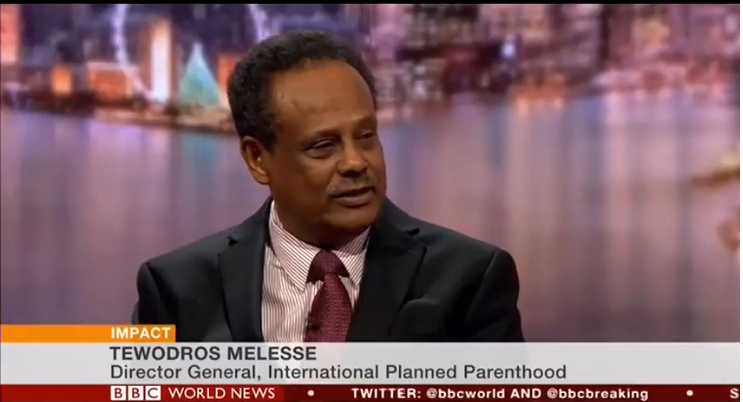
| 07 April 2017
IPPF defends UN agency on BBC World News
IPPF Director General Tewodros Melesse has defended the record of the United Nations Population Fund (UNFPA) in an interview with BBC World News, the BBC’s global television news channel. Speaking to presenter Philippa Thomas on the programme “Impact”, Mr Melesse rubbished claims from the Trump administration – used to justify the withdrawal of US funding – that UNFPA in any way supported coercive family policies in China. He explained that IPPF and UNFPA, with which IPPF partners across the world to provide vital reproductive health care for millions of women and girls – were committed to defending rights and increasing choice. He added that the loss of funding to UNFPA and IPPF – through the re-imposition of the so-called Global Gag Rule by President Trump – would cost the lives of tens of thousands of women and lead to millions of additional unplanned pregnancies and unsafe abortions. Subscribe to IPPF's updates!
| 01 March 2017
"If we could have accessed to contraception, my friend would be still alive"
Adama lost her best friend due to an unsafe abortion. This tragedy pushed her to work for and with young people to ensure them access to sexual and reproductive health information and services. WANT TO GET INVOLVED? SUBSCRIBE NOW TO GET UPDATES FROM IPPF SUPPORT OUR WORK WITH A DONATION
| 01 February 2017
How to educate about abortion - The essentials
Abortion is an issue which people can have strong feelings about. Some consider it too ‘controversial' to include in education programmes. However, unplanned pregnancy and abortion are common occurrences around the world and IPPF believes that we all need accurate information to form our own values and make informed choices. This publication is a summary version of the peer education guide previously published.
| 05 September 2016
How to improve young people’s access to safe abortion - Bosnia Herzegovina: Using a buddy system
Young people face unique barriers when seeking accurate information about abortion, and in accessing abortion services. This series showcases strategies implemented by IPPF Member Associations that have successfully reduced these barriers and increased young people’s access to abortion information and services. In this short summary from Bosnia and Herzegovina, they provide a comprehensive strategy on using buddy systems in the context of sexual and reproductive health (SRH) services, which is a process where a nominated volunteer or staff member - the ‘buddy’- supports a client throughout their engagement with the service. The strategy, outlines the key steps needed for successful implementation and highlighting key lessons learned to consider in taking this strategy forward. This guide can be used by programme managers and implementers to help design and inform strategies to ensure that young people are enabled to access the necessary support and services they need in the event of an unwanted pregnancy.
| 05 September 2016
How to improve young people’s access to safe abortion - Cameroon: Partnering with educational institutions
Young people face unique barriers when seeking accurate information about abortion, and in accessing abortion services. This series showcases strategies implemented by IPPF Member Associations that have successfully reduced these barriers and increased young people’s access to abortion information and services. In this short summary from Cameroon, they provide a comprehensive strategy on partnering with educational institutions to provide young people with specifically targeted health education. The strategy, outlines the key steps needed for successful implementation and highlighting key lessons learned to consider in taking this strategy forward. This guide can be used by programme managers and implementers to help design and inform strategies to ensure that young people are enabled to access the necessary support and services they need in the event of an unwanted pregnancy.
| 05 September 2016
How to improve young people’s access to safe abortion - Ghana: Using social media
Young people face unique barriers when seeking accurate information about abortion, and in accessing abortion services. This series showcases strategies implemented by IPPF Member Associations that have successfully reduced these barriers and increased young people’s access to abortion information and services. In this short summary from Ghana, they provide a comprehensive strategy on using Social Media to deliver and exchange information about sexual and reproductive health (SRH), and in particular safe abortion. The strategy, outlines the key steps needed for successful implementation and highlighting key lessons learned to consider in taking this strategy forward. This guide can be used by programme managers and implementers to help design and inform strategies to ensure that young people are enabled to access the necessary support and services they need in the event of an unwanted pregnancy.
| 05 September 2016
How to improve young people’s access to safe abortion - Pakistan: Youth Friendly Spaces
Young people face unique barriers when seeking accurate information about abortion, and in accessing abortion services. This series showcases strategies implemented by IPPF Member Associations that have successfully reduced these barriers and increased young people’s access to abortion information and services. In this short summary from Pakistan, they provide a comprehensive strategy on creating Youth Friendly Spaces, outlining the key steps needed for successful implementation and highlighting key lessons learned to consider in taking this strategy forward. This guide can be used by programme managers and implementers to help design and inform strategies to ensure that young people are enabled to access the necessary support and services they need in the event of an unwanted pregnancy.







